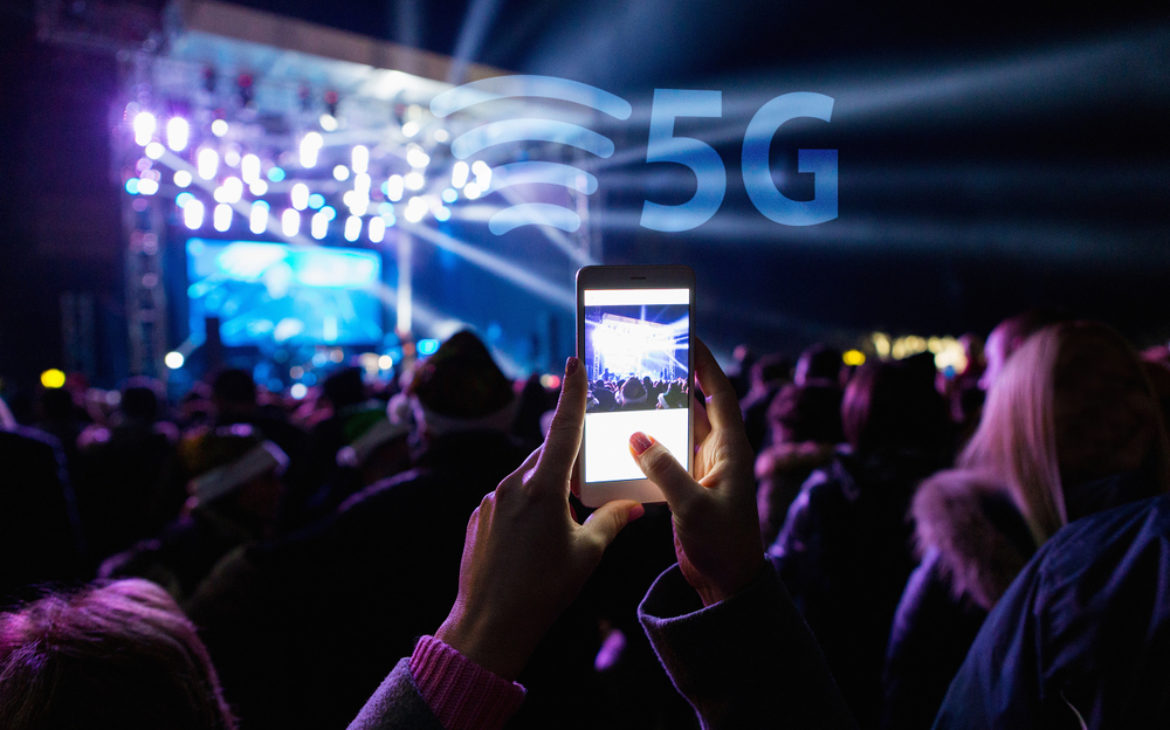Ericsson published a report showing that users of 5G networks at this year’s events were on average 20 percent more satisfied with the service than 4G network users. The increase in satisfaction was also confirmed by some of the most important European events in 2024, such as the Taylor Swift tour and the Olympic Games in Paris, where 5G infrastructure played a key role in ensuring quality connectivity despite high volumes of traffic. Ericsson points out that exactly these events served as an ideal ground for testing the possibilities of 5G networks.
High data traffic at big events
During Taylor Swift’s tour, visitors consumed an average of 5.4 TB of data per concert, while during the Olympic Games, daily upload traffic in the center of Paris grew by as much as 20 percent. During the opening ceremony alone, uplink traffic tripled, and Ericsson experts point out that relying only on 4G infrastructure in such conditions would probably end in network overload and serious connectivity losses.
Willingness of users to pay for premium services
The study also shows that users are willing to pay extra for “guaranteed, seamless connectivity” to enhance the network experience at events. Namely, half of the users of 5G networks stated that their expectations for connection were met or exceeded, and two thirds would be willing to pay up to 15 percent more on the ticket price in order to have access to a more stable network. Ericsson explains that with 5G SA (Standalone) technology, operators could separate part of the network for specific users or applications, thereby providing “premium” service on demand.
Key role of service consistency
Jasmeet Sethi, Head of Ericsson ConsumerLab, said the research clearly shows that 5G brings an improved experience that raises the level of customer satisfaction. Although network speed still plays an important role, the consistency and quality of real-time app performance has a crucial impact on overall user satisfaction. Sethi emphasizes that poor experiences can permanently damage user loyalty and that 5G SA will enable operators to respond to the increasing expectations of users and develop additional paid services.
Orange’s support for 5G during the Olympic Games
On the technical side, Anne Flore Roger, Technical Director, Mobile Network at the French telco Orange, confirmed that user experience is key to their strategy. During the Olympics, where more than 11 million visitors were expected, Orange deployed 5G mobile stations that carried 25 percent of the total traffic, with six key locations handling half of the total load. The opening ceremony itself tripled the traffic of a typical weekday, with the 5G infrastructure supporting half of that traffic.
Future potential of premium services
The increased demand for 5G services at large events suggests that operators may in the future charge for additional services for guaranteed connectivity, especially in situations where the network is heavily loaded. According to Ericsson, this opens up an opportunity for further infrastructure development, while operators recognize the potential in charging for premium services, which would pay off investments in global 5G networks.
